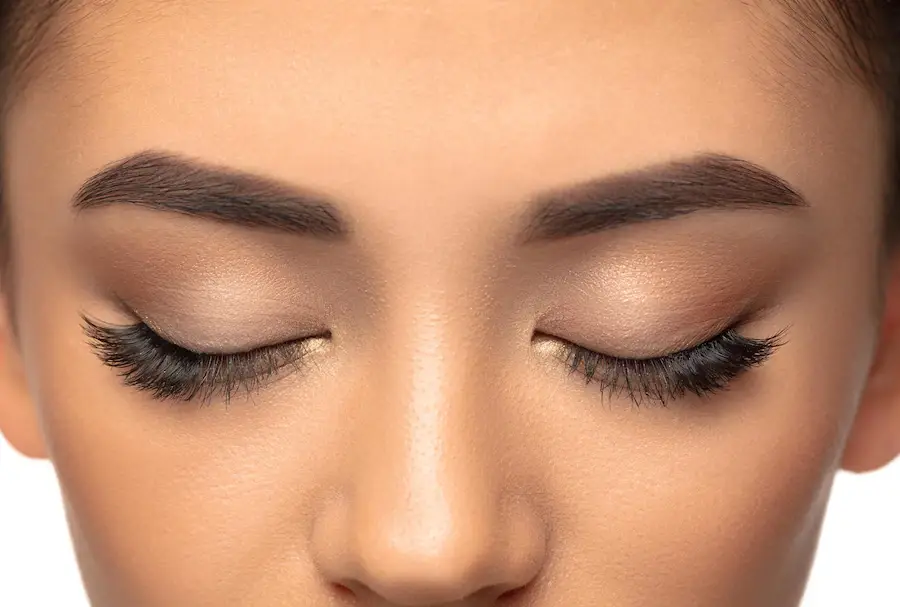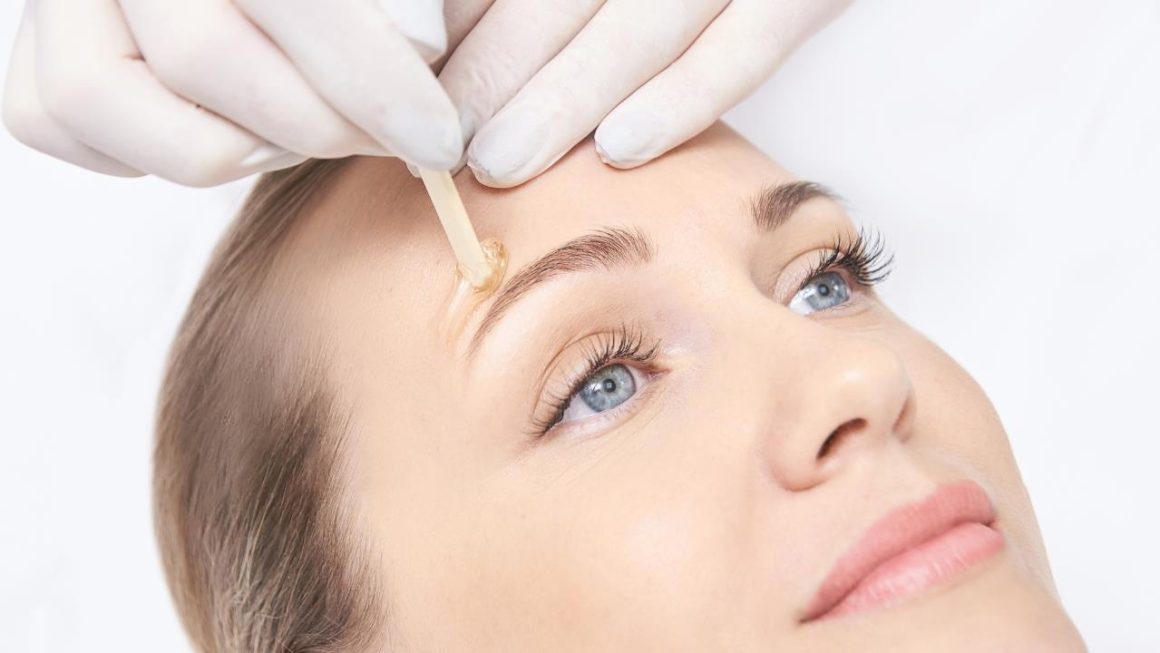If you’ve ever had eyelash extensions, you know how great they make you feel. You look more awake, energetic, and beautiful. But if your eyes are already sensitive to something in cosmetics or skin care products, eyelash extensions can lead to an allergic reaction that can be painful and damaging.
Fortunately for those with sensitive skin, it’s possible to prevent such reactions by following a few basic guidelines. Let’s discuss what causes these reactions and what can be done about them!
What Causes an Allergic Reaction?
Eyelash extensions are made from a synthetic fiber that is glued onto your eyelashes with a special adhesive. The adhesive contains chemicals that are similar to those found in latex. If you’re allergic to latex, then you may also be allergic to the adhesives used in eyelash extensions.
In addition, some women suffer from contact dermatitis from the adhesives used in eyelash extensions. Contact dermatitis is characterized by redness and swelling around the eyes or mouth after coming into contact with something irritating such as cosmetics or jewelry.
Know the symptoms of an allergy
An allergy occurs when your immune system reacts negatively to a foreign substance that’s been introduced into your body. It’s important to know the signs of an allergic reaction so that you can treat it quickly and properly if one occurs.
The most common symptoms of an allergic reaction include:
- Hives or welts on your skin (itchy bumps)
- Redness around the eye area
- Swelling in the eyelid area (sometimes accompanied by pain)
Know your allergy history
If you’ve previously experienced an allergic reaction to eyelash extensions, then it’s important to let your esthetician know about it before she begins applying glue and attaching the false lashes to your natural ones. Your esthetician may be able to use a different type of adhesive that doesn’t cause problems for other clients but could still be safe for you.
The Glue
The glue is a combination of acrylate esters, acrylic acid and methacrylates. The glue can be toxic and irritate the skin. It also has the ability to dissolve natural oils in your eyelashes over time, causing them to fall out. Studies have shown that the solvents used in the adhesive may cause allergic reactions when they come into contact with your eyes, or even when you inhale them during application (which would not be good).
Types of eyelash glues
There are a few different types of adhesives used to apply eyelash extensions.
Polymer Adhesive: This is the most common type of adhesive used by professional lash artists around the world. It’s safe for all skin types and tends to last longer than other adhesives because it’s more secure.
Dermabond: This medical-grade adhesive was designed to bond human skin, but it can also be used on eyelashes! Like Polymer Adhesive, this material is made from a mixture between two liquid components that creates a natural-looking bond with your own lashes when they’re applied.
Acrylic Adhesive: While not recommended for use as an everyday glue, acrylic adhesive has been known to cause allergic reactions in some people who have sensitive eyes or allergies (like myself). If you’ve ever suffered an eye injury or had an allergic reaction after using cosmetic products such as acrylic nails before, then this may not be the best option for you!
Eyelash Extensions
Eyelash extensions are a cosmetic procedure that involves the use of synthetic eyelashes to enhance the appearance of natural eyelashes. In order for this to be done, individual lashes or clusters of lashes are glued one at a time to your own lash line using specialized glue. The entire process usually takes about 2 hours and can last anywhere from 1-4 weeks depending on how often you want them reapplied.
Eyelash extensions can be applied in different ways: They can be layered so that longer, fuller lashes are achieved; they can add length alone (if you don’t want them done too thick); or they may be applied only on inner corner lashes (to give you a more awake look).
Once applied properly and professionally cared for, beautiful eyelash extensions will not damage your natural lash structure nor cause irritation around your eyes. However, some people do experience allergic reactions when getting this treatment done due to how close the glue is being placed against their own skin/eyelid tissue; if this happens then it’s best advised not going through with any further appointments until allergies clear up completely before trying again–but remember: You don’t have anything concrete yet!
Sterile Tools
To remove the extensions, you’ll need a sterile tool that looks like a miniature tweezer. If your lash artist does not provide one, ask them for one so you can use it to remove your own lashes. Now that you have all of the tools in front of you, it’s time to do some actual removal. It is also poosible to remove eyelash extensions with vasiline which easer and safer. Normally, there is little or no pain involved.
Is There a Way to Prevent Allergic Reactions?
There is no way to completely prevent allergic reactions to eyelash extensions. The glue used to apply the extensions is typically made from latex or shellac, both of which can cause allergic reactions in those who are sensitive to either ingredient.
Allergic reactions can vary in severity and symptoms, but the most common symptom is itching around the eyes.
You can try hypoallergenic glues that don’t contain these ingredients, but they aren’t always as strong or sticky as other glues. Some people find that they’re able to use these glues without having any issues at all while others have allergy symptoms after using them for just a short time period.
You can take a few steps to prevent allergic reactions
You can take a few steps to prevent allergic reactions. First, use hypoallergenic adhesives and sterile tools. Second, do not share tools with other people—a new set of tools should be used for each client. Third, if you have had an allergic reaction before, you should avoid using eyelash extensions on yourself or others who have had similar reactions.
If you’re already experiencing eye irritation after receiving eyelash extensions, remove them right away and see your doctor as soon as possible.
While we can’t guarantee that you won’t have an allergic reaction to eyelash extensions, by following these steps on how to prevent allergic reactions and using hypoallergenic adhesives, we can make it less likely. If you know that you are prone to allergies, be sure to tell your esthetician before undergoing any treatment at all.


